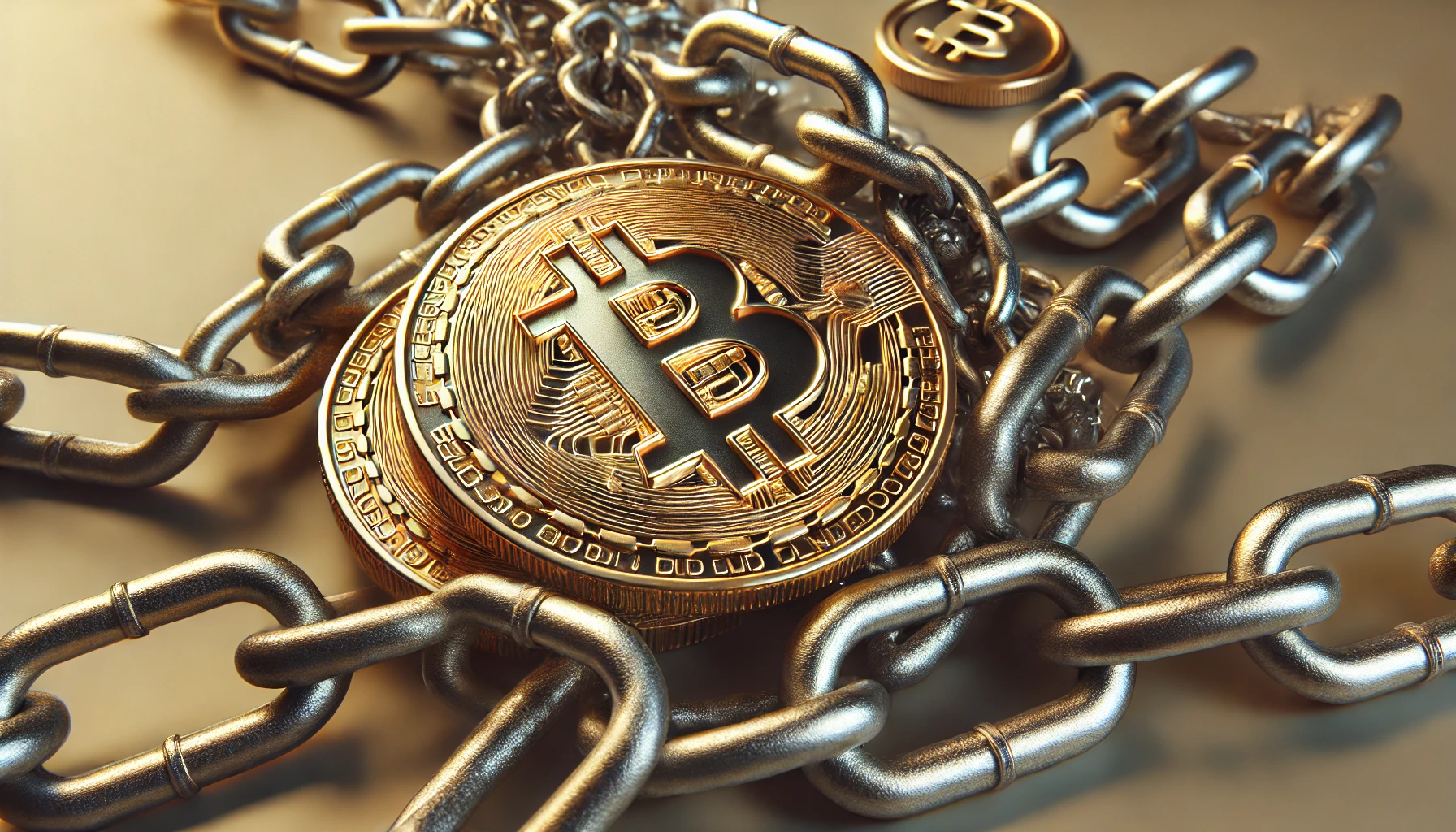Animoca Brands is exploring the possibility of launching an Initial Public Offering (IPO) in Hong Kong or the Middle East by late 2025 or early 2026. This move comes as the company navigates the challenges of a declining NFT market, which has significantly impacted its valuation. Despite the downturn, Animoca remains focused on expanding its influence in the digital asset space, particularly as NFTs battle for relevance in an increasingly competitive environment.
Points
- Animoca Brands is considering an IPO in Hong Kong or the Middle East, with a target timeline of late 2025 or early 2026.
- The company’s valuation has dropped from $5.9 billion in 2022 to $1.5 billion due to the NFT market downturn.
- NFTs are struggling to maintain attention as memecoins gain popularity.
- Animoca sees potential shifts in the crypto landscape tied to upcoming U.S. elections.
Animoca Brands, a leader in the blockchain gaming and digital assets space, is preparing for a potential Initial Public Offering (IPO) in Hong Kong or the Middle East. This strategic move, slated for late 2025 or early 2026, comes after the company’s delisting from the Australian Securities Exchange and amid a significant decline in the NFT market.
The recent downturn in the NFT industry has been stark, with Animoca’s valuation plummeting from a high of $5.9 billion in 2022 to just $1.5 billion currently. This drop reflects broader market trends, as the NFT space faces intense competition from other digital assets, particularly memecoins. These tokens, which often serve as cultural expressions rather than vehicles of utility, are capturing the attention that once fueled the NFT boom.
Yat Siu, Animoca’s chairman, acknowledged the challenges facing the NFT market during a recent interview at the Foresight 2024 event in Hong Kong. He noted that NFTs are now “fighting for attention” in a crowded digital marketplace, where memecoins have become the latest craze. This shift in focus underscores the volatile nature of the digital asset industry, where trends can change rapidly, and market dynamics are constantly evolving.
Despite these challenges, Animoca remains optimistic about the future. The company’s potential IPO in Hong Kong or the Middle East is seen as a way to tap into new markets and secure additional funding to bolster its operations and explore new opportunities in the digital economy. Hong Kong, with its robust financial infrastructure and strong ties to China, and the Middle East, known for its rapidly growing interest in blockchain technology, represent strategic locations for Animoca’s next phase of growth.
Moreover, Siu hinted at the possibility of significant changes in the crypto landscape, depending on the outcome of the upcoming U.S. presidential election. He suggested that a victory for former President Donald Trump could lead to more aggressive crypto regulation, while a win for Vice President Kamala Harris might result in a more cautious approach. These political developments could have far-reaching implications for the entire crypto industry, influencing regulatory frameworks and market sentiment.
As the NFT market continues to face headwinds, Animoca’s focus on diversifying its business model and exploring new markets could prove crucial to its long-term success. The company’s decision to consider an IPO in regions like Hong Kong or the Middle East reflects its commitment to remaining a key player in the digital assets space, even as it navigates a challenging market environment.
解説
- Market Valuation Impact: The significant drop in Animoca’s valuation is a direct consequence of the broader NFT market decline. This situation illustrates the importance of market diversification for companies in the digital asset space.
- Strategic IPO Location: Choosing Hong Kong or the Middle East for an IPO could provide Animoca with access to diverse capital markets and new investor bases, essential for sustaining growth in a volatile industry.
- Political Influence on Crypto: The upcoming U.S. elections are poised to impact the regulatory landscape for cryptocurrencies. A shift in political power could lead to new regulations that would affect the industry’s growth and innovation.
